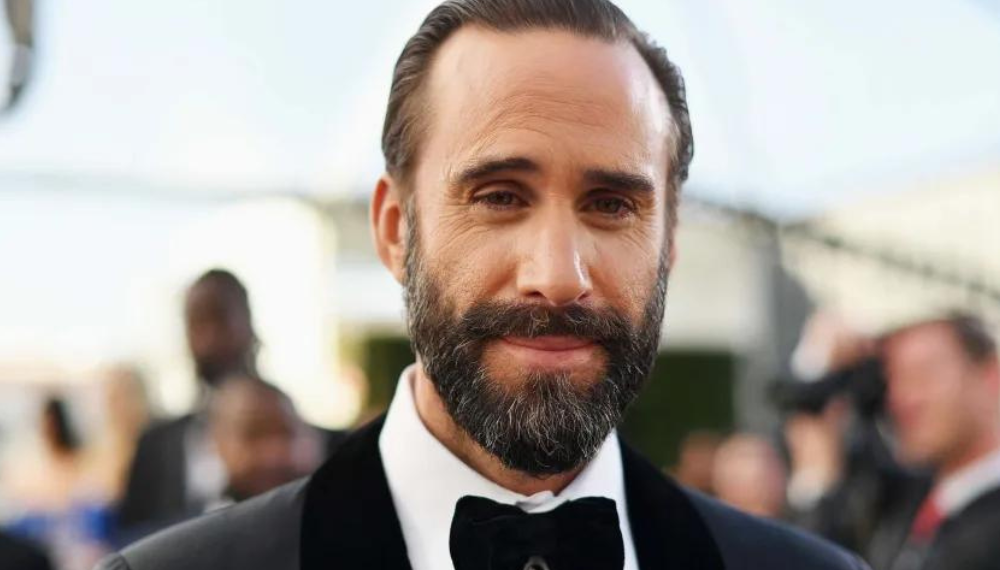In a recent interview, Joseph Fiennes, known for his role in the pulled 2017 episode of “Urban Myths” where he portrayed Michael Jackson, opened up about his controversial performance.
The episode depicted a fictional “post-9/11 road trip” involving the late pop star, Marlon Brando (played by Brian Cox), and Elizabeth Taylor (played by Stockard Channing). Fiennes faced accusations of whitewashing at the time, but now he expresses regret, referring to the project as a “bad mistake.”
Speaking to The Observer, Fiennes acknowledged the public’s rightful upset about his portrayal. He admitted that it was a wrong decision and took responsibility as one part of the collective decision-making process involving producers, broadcasters, writers, and directors. Fiennes also highlighted the importance of hearing the voices of others involved in the project and their perspectives on the matter.
Fiennes’ casting as Michael Jackson in “Urban Myths” stirred controversy from the beginning. In 2016, during an interview with ET, Fiennes defended his role, citing the late pop singer’s pigmentation issue. He believed that Jackson was closer in skin color to himself than his original complexion. However, the backlash continued, and Fiennes’ portrayal faced criticism for whitewashing.
“I think people are absolutely right to be upset,” Fiennes told the outlet. “And it was a wrong decision. Absolutely. And I’m one part of that – there are producers, broadcasters, writers, directors, all involved in these decisions.”
Fiennes recently revealed that he requested the broadcaster to pull the episode himself. He described the subsequent discussions as intense but acknowledged that the right choice was made in not airing the episode. Sky Arts, the broadcaster, released a statement at the time, stating that they would not air the episode due to concerns expressed by Michael Jackson’s immediate family.
Related Story: Viola Davis’ Michelle Obama Portrayal Leaves Fans Divided And Confused
Fiennes’ reflection on his controversial portrayal of Michael Jackson comes as a recognition of the public outcry and an acknowledgment of the evolving cultural climate. The decision to withdraw the episode was a response to the legitimate concerns raised by the late pop star’s family. As discussions around representation and authenticity continue to shape the entertainment industry, Fiennes’ regret serves as a reminder of the importance of considering the perspectives and sensitivities of marginalized communities.














